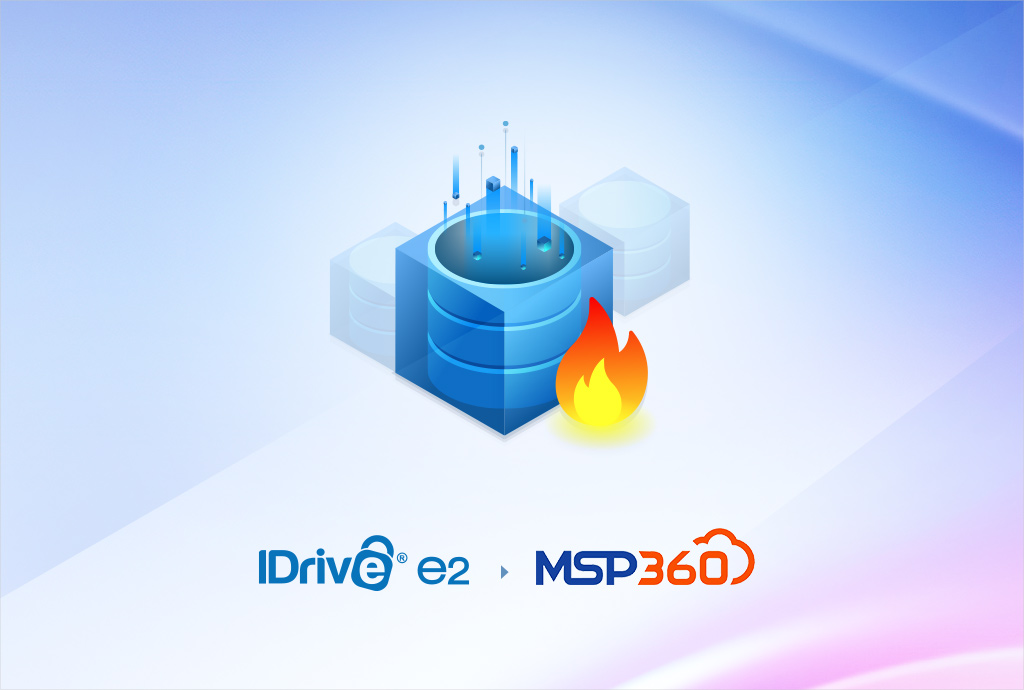

You’ve probably never thought to ask what life would be like without encryption, but recently governments including the UK and India have flirted with policies that beg the question.
These policies would require companies to add a backdoor to encryption through which law enforcement agencies can slip in order to hunt suspected terrorists. But these secret passages would also leave systems more vulnerable to cyber attacks, and create user experiences in which privacy is impossible.
The ensuing debate has pitted those who prioritize national security against those who champion human rights, with little common ground between opposing sides.
To justify a ban on encryption in the UK, Prime Minister David Cameron asked, “do we want to allow a means of communication between people, which even in extremis, with a signed warrant from the home secretary personally, that we cannot read?”
The other side is adamant about maintaining privacy. In India, the government withdrew its draft policy for an encryption ban after experiencing an uproar. And Wikipedia founder Jimmy Wales recently called the proposed policies “moronic”, going on to explain, “Human rights don’t go away just because you’re on the internet. We still have rights that governments need to respect.”
The issue isn’t exactly black and white, but as an online backup company, we can’t ignore the fact that encryption is essential to people’s privacy. While the government should be able to investigate potential threats to national security, a total ban on encryption would mean less security and less privacy for the average citizen. Simply put, the ends don’t justify the means.
If governments continue to push policies that will regulate encryption, we should ask ourselves:
Who will regulate the regulators to ensure people aren’t snooped on without reason?
What would keep criminals from reaching through the holes in encryption to snatch our data?
In an age when breaches sink companies and private photos become public with the click of button, we can’t be too careful with our data, much less who we allow to handle it.



